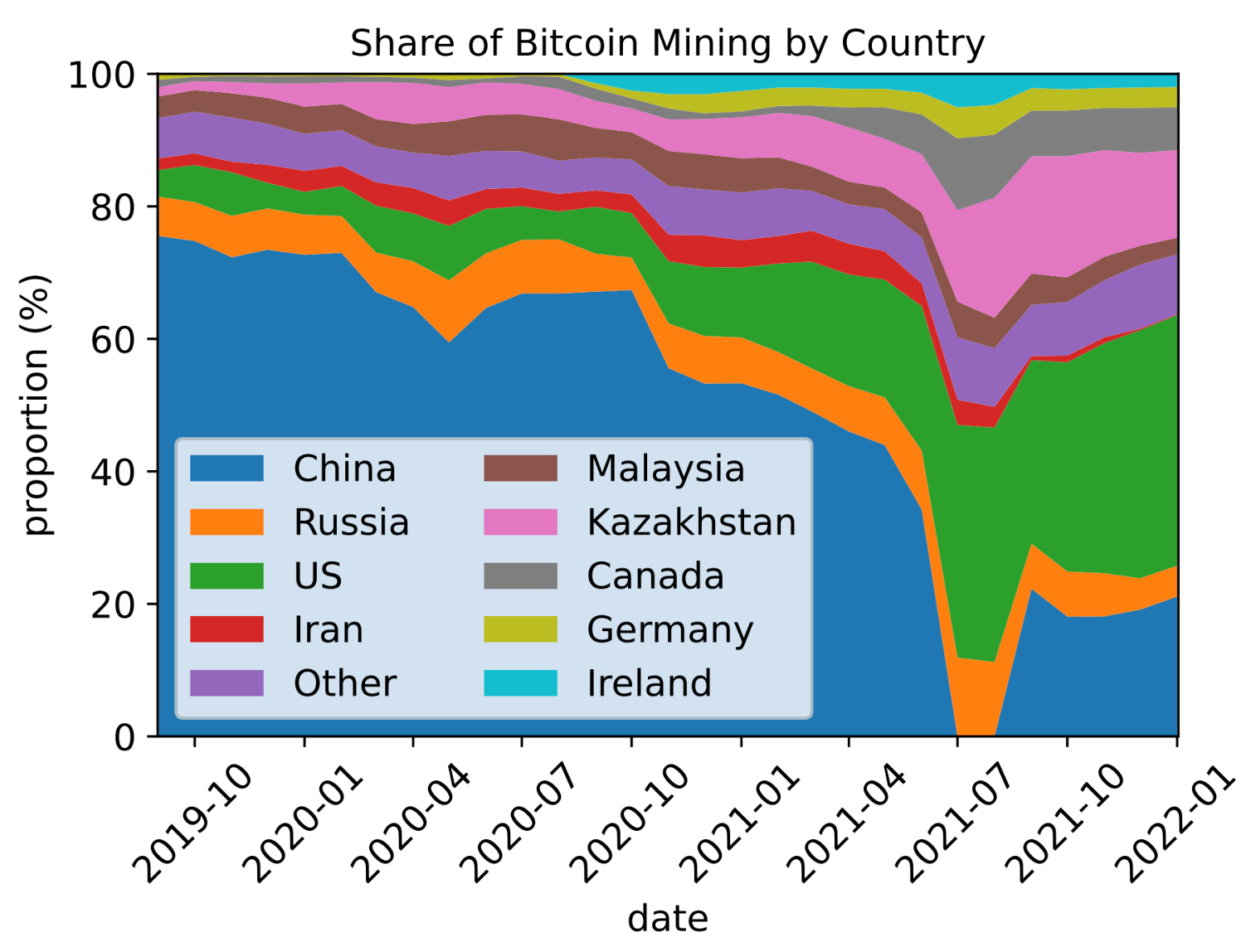Central banks in countries facing sanctions risks from the United States could include Bitcoin (BTC) in their international reserves, according to a new research paper from Harvard University.
The research paper bases the idea of central bank risk hedging by bitcoin on the fact that many central banks – and especially those facing a higher risk of US sanctions – have increased in recent years. the part of their reserves constituted by gold, a traditional reserve asset of central banks.
According to the author, an allocation in BTC in addition to gold would further increase the resilience of these countries in the face of sanctions. This is especially true in cases where the country is struggling to acquire enough physical gold, according to the author.
Entitled Hedging Sanctions Risk: Cryptocurrency in Central Bank Reservesthe newly published research paper was authored by Matthew Ferrantia PhD student in economics at Harvard University.
“The ability of fiat reserve issuers to freeze transactions, which constitutes a form of de facto default on the underlying bonds, calls into question the status of fiat reserve currencies as ‘safe-haven’ assets,” writes Ferranti.
The war in Ukraine could cause central banks to take an interest in Bitcoin
In the document, Ferranti pointed to the freezing of Russian central bank international reserves following the invasion of Ukraine as an example of why this issue is more relevant than ever.
“It is timely to explore the question of how, and to what extent, the risk of financial sanctions can motivate changes in the composition of central bank reserves”, notes the doctoral student in his article.
The resistance of proof of work to censorship
Ferranti also noted in his post that Bitcoin, as a proof-of-work-based digital asset, is particularly useful in protecting against sanctions.
On a proof-of-work-based consensus mechanism, the ability to censor transactions on the blockchain requires achieving “majority hash power”: in other words, the censor must control at least 51% of the power calculation used by all miners,” the document reads.
He adds that achieving such status is impractical “due to the sheer amount of computing power dedicated to Bitcoin mining, as well as the amount of electricity required to power the mining chips.”

In conclusion, Ferranti admitted that no asset is “completely safe” in the presence of sanctions, but that cryptocurrencies like Bitcoin can offer “some protection”, although with that protection comes greater volatility. .
